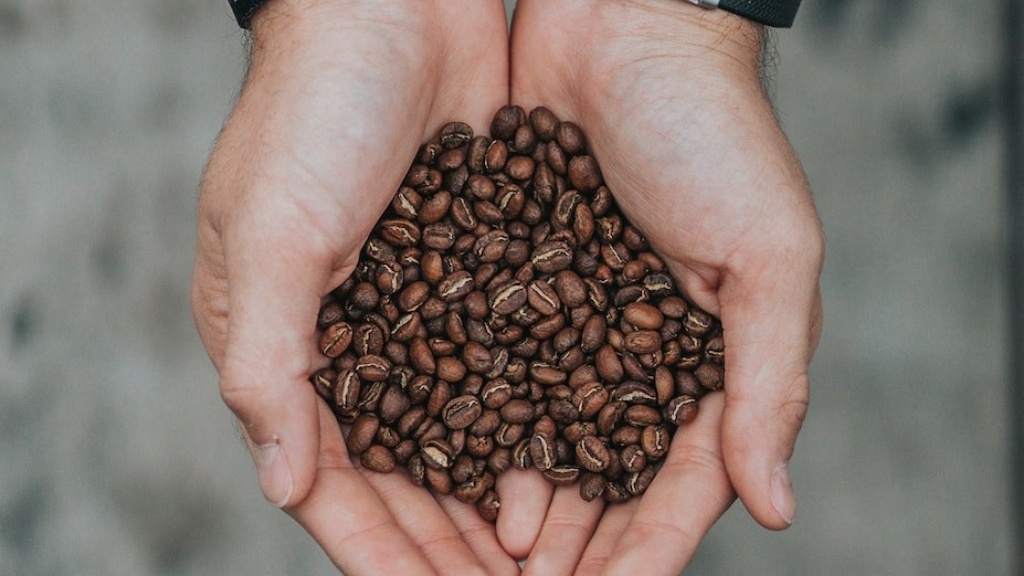It seems that nowadays people are drinking more coffee than ever before. According to the National Coffee Association, U.S. coffee consumption has increased over the past five years. However, while there are a few potential benefits associated with moderate consumption of coffee, drinking too much of it can have some negative effects.
Most experts agree that moderate to high levels of coffee consumption can provide positive health benefits. Some of the potential benefits may include improved cognitive performance, increased alertness, and increased energy levels. But when it comes to drinking too much coffee, there can be a few negative effects.
One common effect of drinking too much coffee is increased anxiety. Too much caffeine can cause your blood pressure to rise, leading to anxiety and nervousness. Additionally, some people are also genetically predisposed to be more sensitive to caffeine, so even a small amount of coffee can cause them to feel anxious or jittery.
High levels of coffee consumption may also cause digestive problems such as acid reflux, heartburn, and stomach cramps. Furthermore, too much coffee will interfere with your body’s ability to absorb vitamins and minerals, causing deficiencies in essential nutrients.
In addition to these physical effects, too much coffee can also have an effect on your mental health. Too much caffeine can lead to insomnia, irritability, and restlessness. It can also prevent your body’s production of melatonin, making it difficult to fall and stay asleep.
Finally, drinking too much coffee may cause your blood sugar levels to become too high. This effect can lead to unwanted weight gain, as your body will be unable to metabolize the extra glucose properly.
Moderation is Key
Overall, it is important for coffee drinkers to practice moderation when it comes to consuming coffee. Although there may be some potential benefits associated with moderate consumption – increased alertness, improved cognitive performance, and increased energy – drinking too much coffee can lead to a host of negative health effects.
Coffee drinkers should try to stick to the recommended maximum of 4 cups of coffee a day. Additionally, they should avoid adding too much sugar and cream, as these may make the effects of too much coffee worse.
Alternatives to Coffee
For those who are looking for a way to get their morning energy boost without drinking coffee, there are many other options available, such as green tea, black tea, and herbal teas, all of which contain less caffeine than coffee.
Additionally, there are a variety of natural supplements, such as ginseng, guarana, and maca which can provide a mild energy boost without the undesirable side effects associated with too much caffeine.
Importance of Sleep
Getting enough sleep is essential for good physical and mental health. Too much caffeine can interfere with sleep, so it is important for coffee drinkers to cut back on their consumption if they are having trouble sleeping at night.
It is important for coffee drinkers to ensure that their caffeine consumption is not interfering with their ability to get a good night’s sleep. Doing so can help to mitigate the potential negative effects of drinking too much coffee and keep their mental and physical health in balance.
Beware of Dehydration
Drinking too much coffee can also lead to dehydration. Caffeine is a diuretic, meaning it makes your body lose more fluids than normal, so it is important for coffee drinkers to stay hydrated by drinking plenty of water throughout the day.
Dehydration can have serious consequences, including fatigue, headaches, dizziness, and muscle cramps. For this reason, it is important for coffee drinkers to stay mindful of how much coffee they are consuming and make sure to stay hydrated with plenty of water.
Seek Professional Help When Needed
Finally, for those who find themselves drinking too much coffee and unable to cut back, it may be helpful to seek guidance from a professional in order to reduce their coffee consumption.
Cognitive behavioral therapy can be used to address the psychological and behavioral aspects of coffee addiction, and counselors and therapists can help people identify strategies to reduce their coffee consumption and manage the potential risks associated with it.




